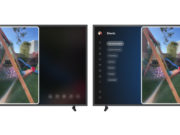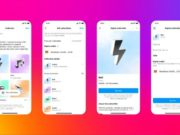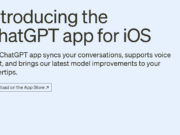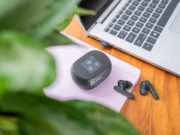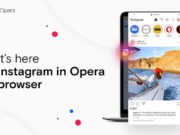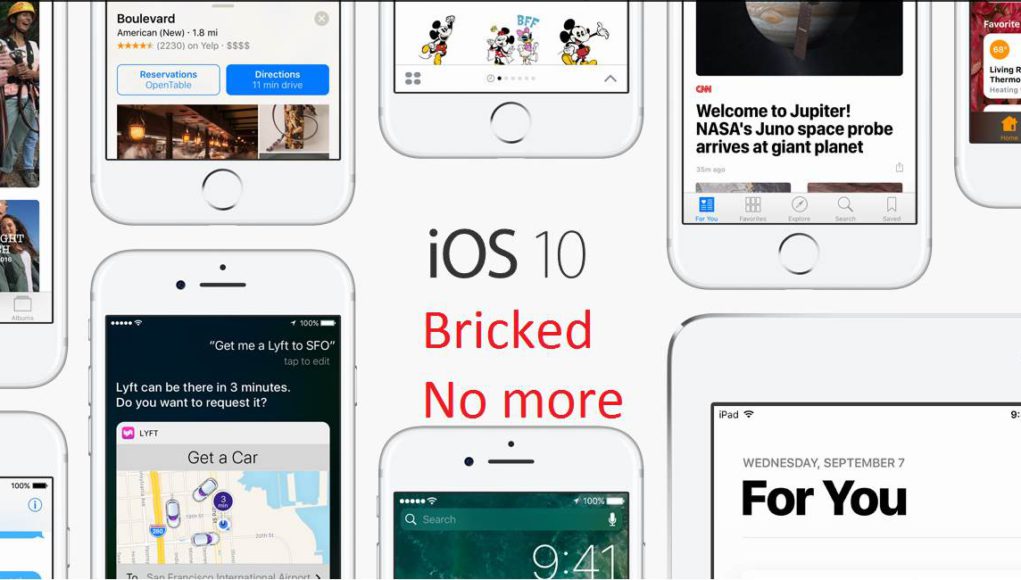This hasn’t been a joke. IOS 10 bricking devices was real. Many users updating via OTA on either their iPhones and iPads got bricked devices. Basically leaving them on the screen with iTunes logo and a lightning cable.
First touch disease and now a bricked #iphone; thanks a lot @Apple #ios10 pic.twitter.com/Nf5wpt6CYh
— Hector Gonzalez (@hagr182) September 13, 2016
This created outrage from many users either being sarcastic or simply frustrated by the update.
https://twitter.com/UkuleleKris/status/775769764748726272
Stopped updating as soon as these reports multiplied. https://t.co/oCVQiVaWEn
— JM (@hellojmtec) September 14, 2016
iOS 10 Bricked my iPhone (and Might Brick Yours, Too) https://t.co/ecDmIxXr7k via @FreedmanAE #iOS10 pic.twitter.com/Y4yuryklLb
— Mark Spoonauer (@mspoonauer) September 13, 2016
It prompts the debate once more. Should Apple move to stage rollouts just like Google or remain with their day one OTA for all meaning everyone gets the update on day one rather than one after the other. Don’t get me wrong even Google experienced hiccups and bricks with its Android 7.0 OTA but at least many users weren’t affected. This is because they rollout updates in percentages. First to 5% of users on day one then more as the days unfold. They do this during the month after announcing an update is available. Not everyone gets the updates at once but the benefits are huge because they can pause the process in case of bricks, reduce server load thus downloading an update is fast and getting early feedback from the first batch of updated devices. I can’t help but think this should be standard instead of us all getting bricked iPhones and iPads at once. Remember IOS 9?
The solution though is extremely easy. Just connect your iPhone or iPad to iTunes and let it do the process for you. Yes it is that easy. It worked for me. IOS 10.0.1 is already rolling out. Stay tuned for more IOS10 coverage coming up.



